Home Healthcare Month | CMI Health Blog
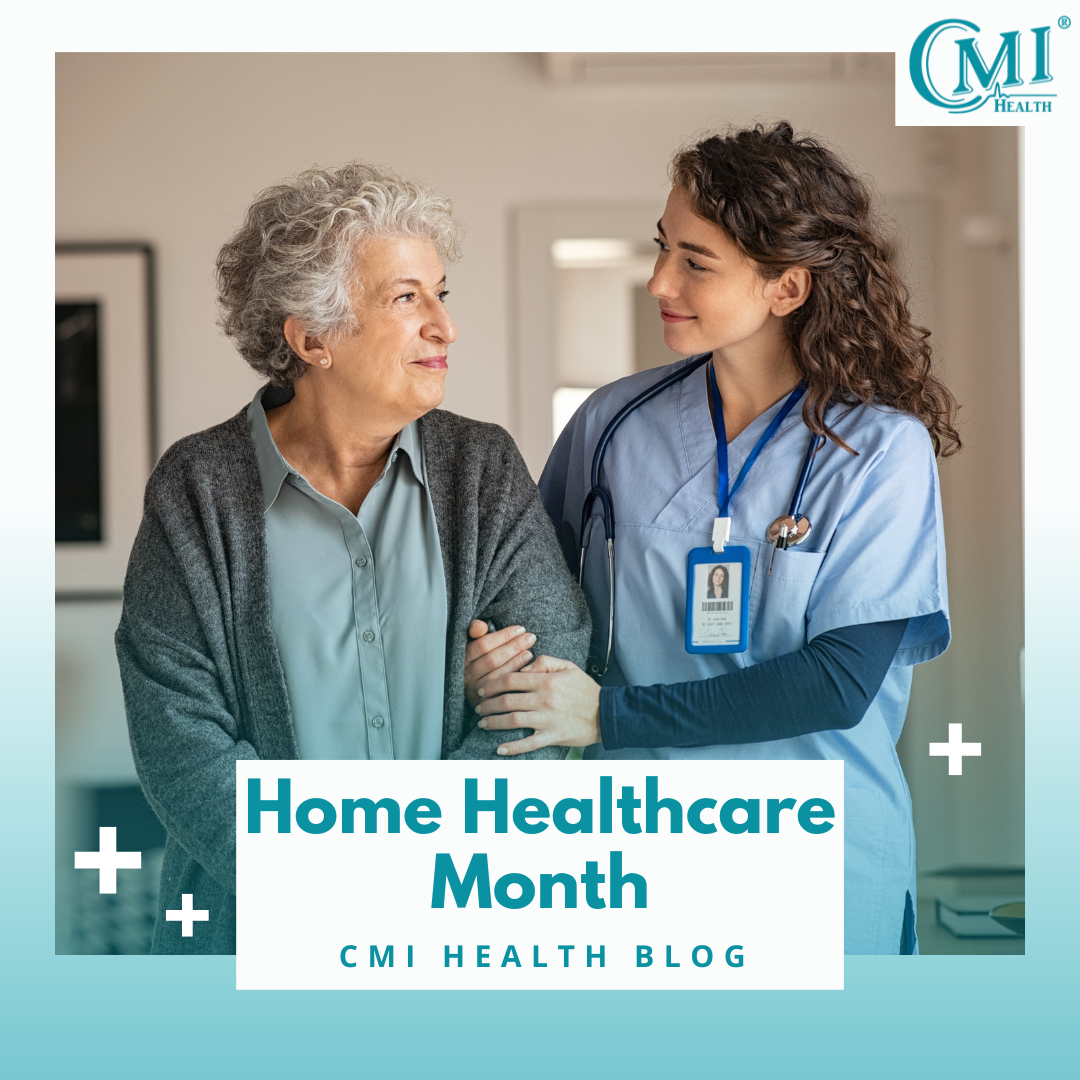
November is Home Healthcare Month, which serves to bring awareness for home healthcare and hospice patients, as well as honoring their caregivers. Millions of nurses, home care aids, therapists, and social workers make a remarkable difference in the lives of these patients and their families. They play a central role in our health care system, and it is important to recognize the great work that they do. You can learn more about Home Healthcare Month at the National Association for Home Care & Hospice (NAHC).
Keep reading to learn more about at-home healthcare and how it can improve a patient’s lifestyle.
Why is Home Healthcare Important?
At-home healthcare is a critical innovation in medical care as it allows patients to regain independence, improve or maintain their current condition, and become as self-sufficient as possible. Doing all of this in an environment you are comfortable in makes the biggest difference in an individual's well-being, including their mental health, as they go through treatment. One may need at-home healthcare for a variety of reasons, from general things like senior care to having a severe and debilitating chronic illness. At-home healthcare works in tandem with traditional medical care, as plenty of medical devices allow patients to track & monitor their health while they are not in a doctor’s office. This allows them to easily keep their physicians updated on their health data, which will lead to improved treatment plans in the future.
Nursing Care and Home Health Aids
The most common form of home health care is some type of nursing care depending on the person's needs. In consultation with the doctor, a registered nurse will set up a plan of care. Nursing care may include wound dressing, ostomy care, intravenous therapy, administering medication, monitoring the general health of the patient, pain control, and other health support.
Home health aides can help the patient with his or her basic personal needs such as getting out of bed, walking, bathing, and dressing. Some aides have received specialized training to assist with more specialized care under the supervision of a nurse.
Physical and Occupational Therapy
Some patients may need help relearning how to perform daily duties or improve their speech after an illness or injury. A physical therapist can put together a plan of care to help a patient regain or strengthen use of muscles and joints. An occupational therapist can help a patient with physical, developmental, social, or emotional disabilities relearn how to perform such daily functions as eating, bathing, dressing, and more. A speech therapist can help a patient with impaired speech regain the ability to communicate clearly.
Telehealth Care
For patients that struggle with severe chronic illnesses that greatly limit their mobility, getting to routine doctor visits or checkups can feel nearly impossible. This is why remote patient monitoring and at-home medical devices are so vital for home healthcare. For example, those that suffer from COPD, or other severe respiratory illness, often report that their condition severely limits what they can do. With the help of digital spirometers, like SpiroLink®, and pulse oximeters, patients can easily track and monitor their condition at home. With telehealth apps and appointments, they can easily share their health data with their physicians to keep them updated and continue improving their treatment plans.
Volunteer Care
Volunteers from community organizations can provide basic comfort to the patient through companionship, helping with personal care, providing transportation, emotional support, and/or helping with paperwork. Volunteers can help with chores or tasks to maintain the household with meal preparation, laundry, grocery shopping, and other housekeeping items.
Volunteers can also assist with home-delivered meals. Often called Meals-on-Wheels, many communities offer this service to patients at home who are unable to cook for themselves. Depending on the person's needs, hot meals can be delivered several times a week.
(Source: John Hopkins)
At CMI Health, our mission is to bring our customers accessible, professional-grade healthcare devices to use right in the comfort of their own homes. We believe that healthcare is for everyone, and we want to encourage all of our customers to take control of their health. Our vision with our products is to design a holistic and comprehensive health monitoring system, where customers can build their collection in order to get a complete picture of their health. Follow CMI Health to stay up to date with the latest industry innovations and medical device information to take the guesswork out of purchasing important healthcare devices.
Still have questions? Feel free to contact us at info@cmihealth.com or call us at 888-985-1125 (ext. 1).




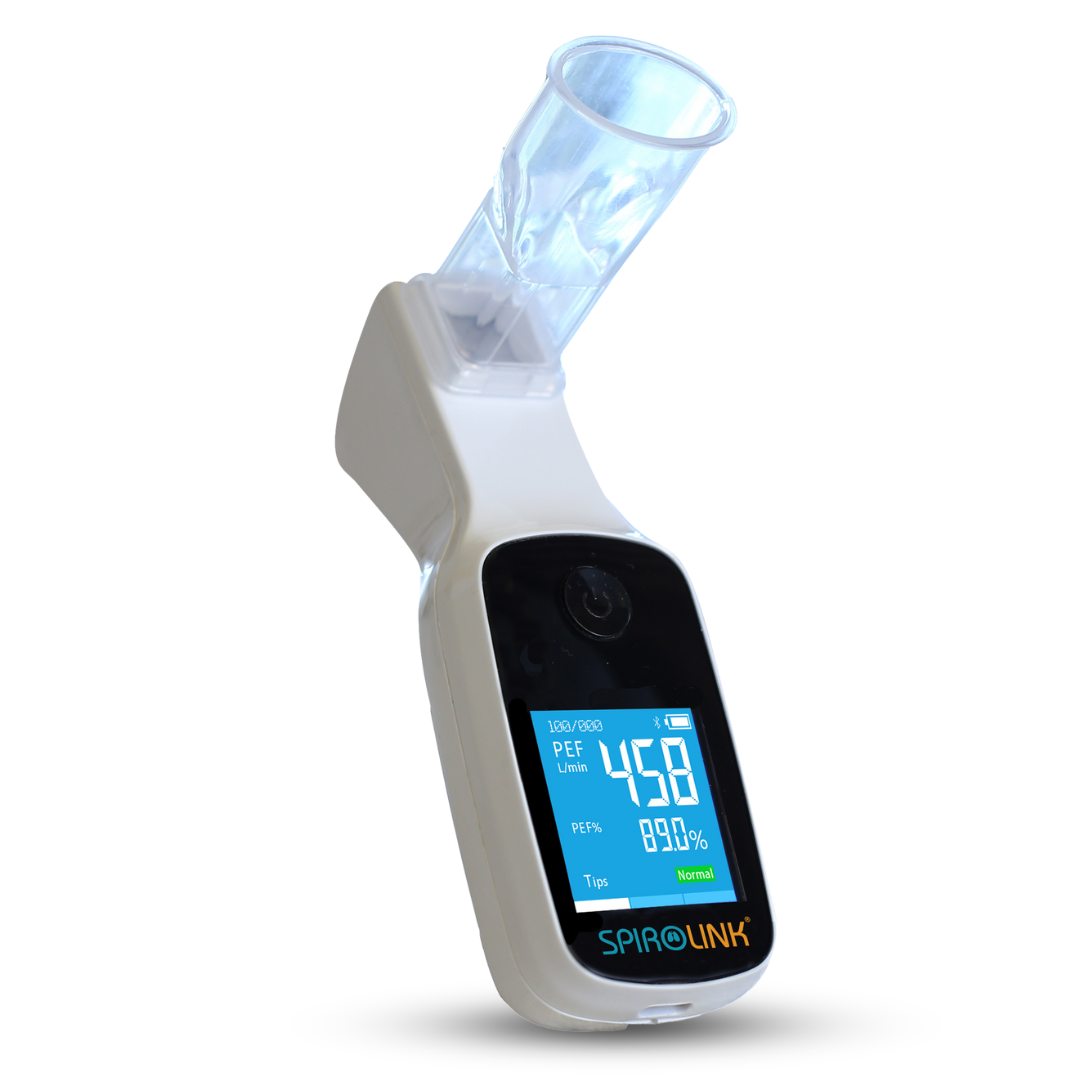
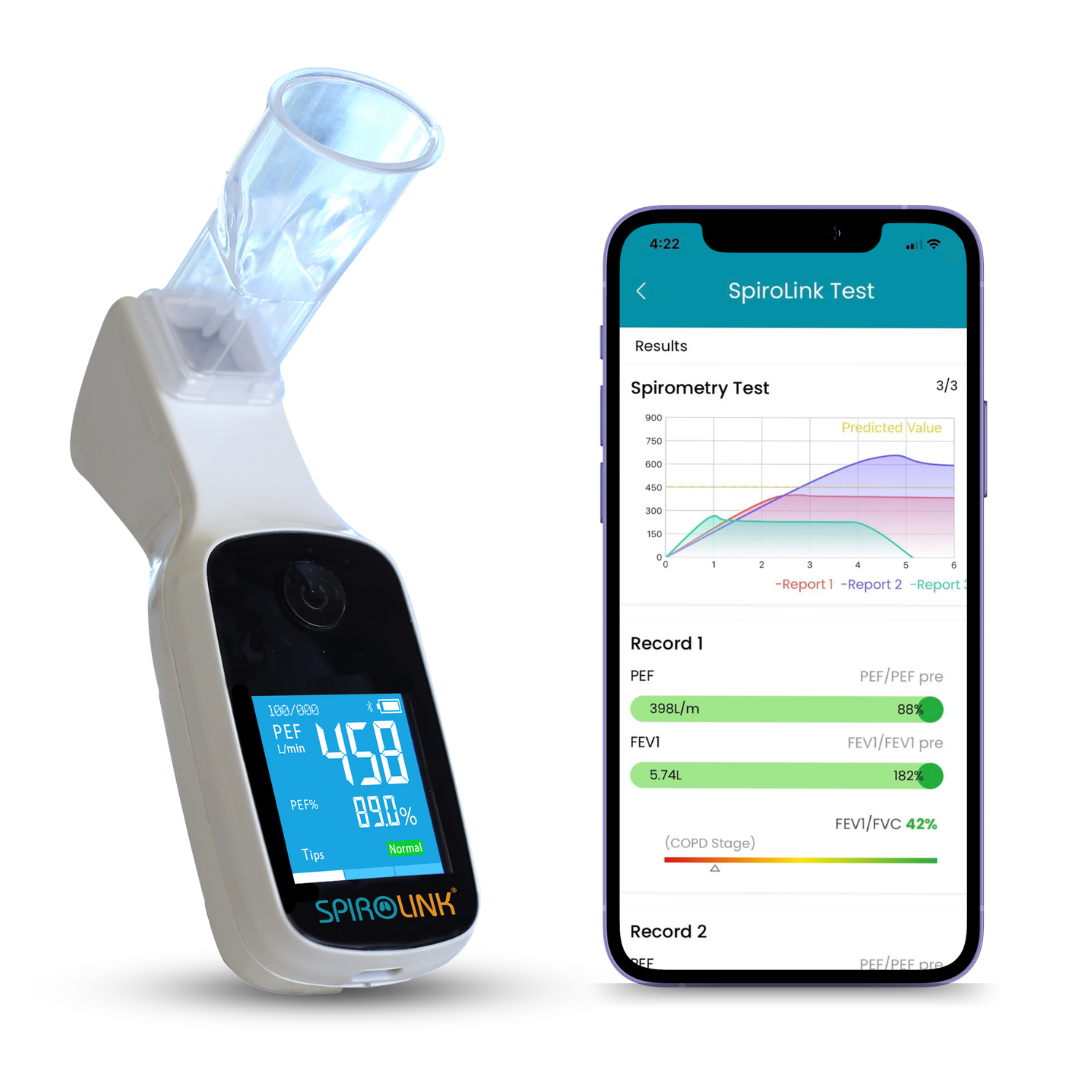
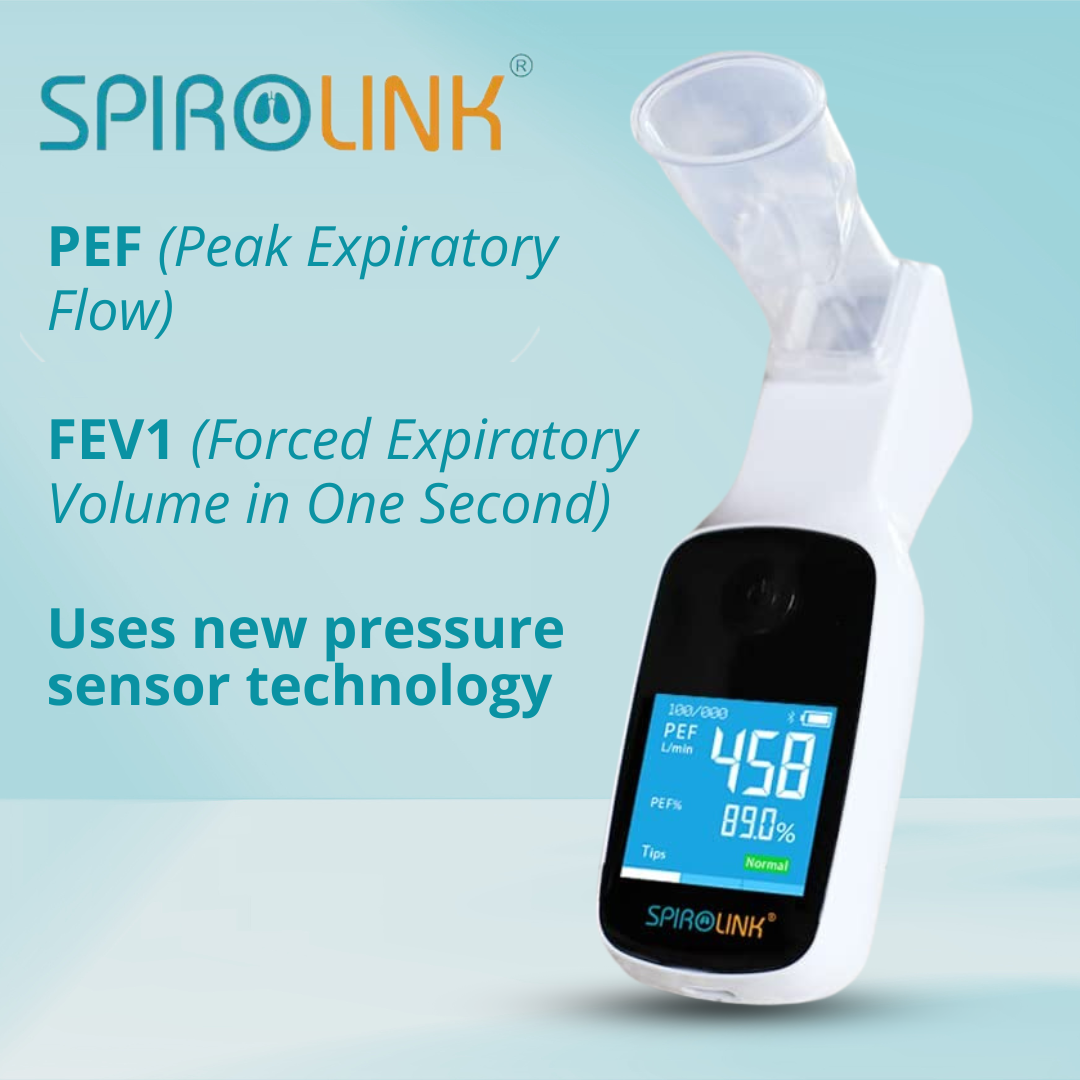
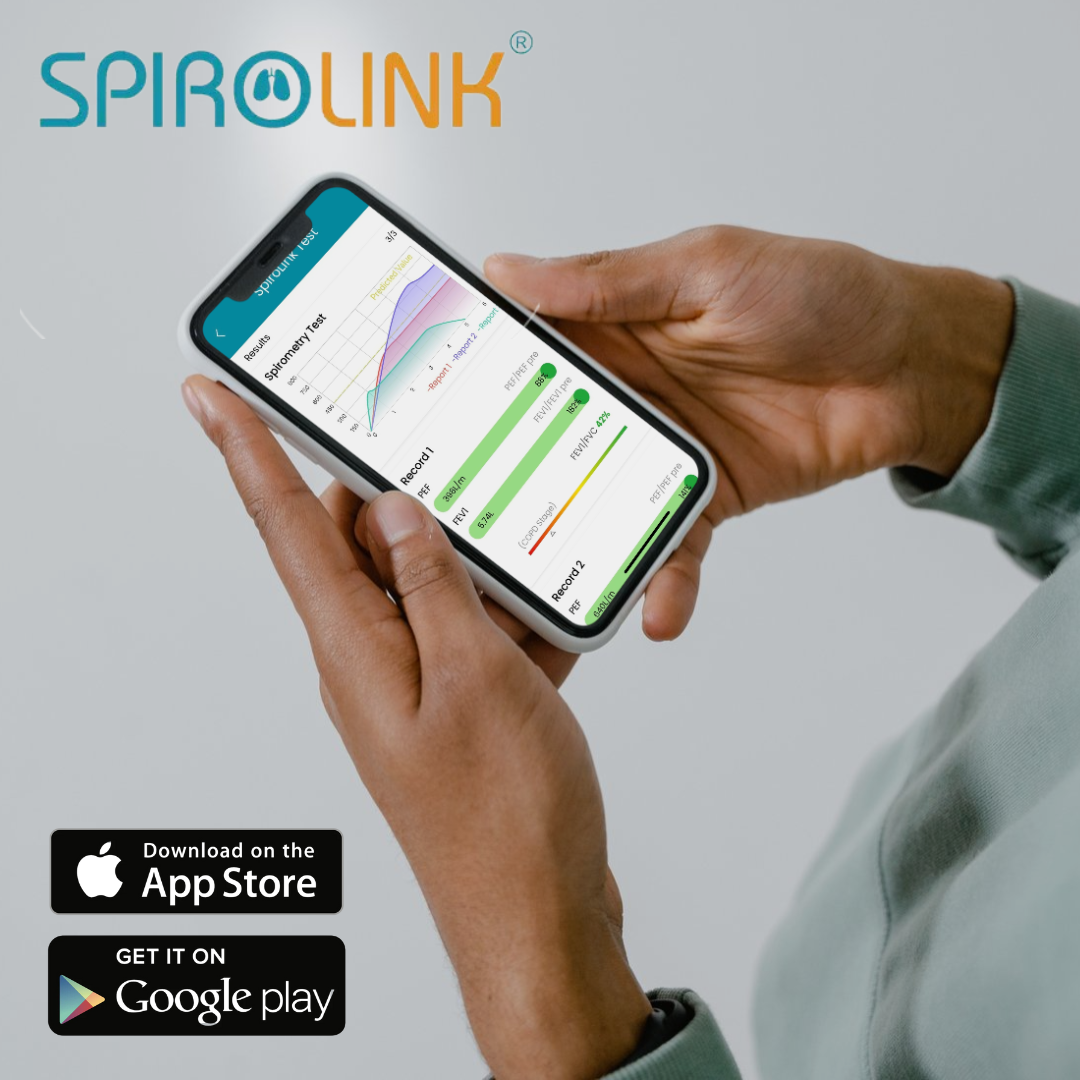
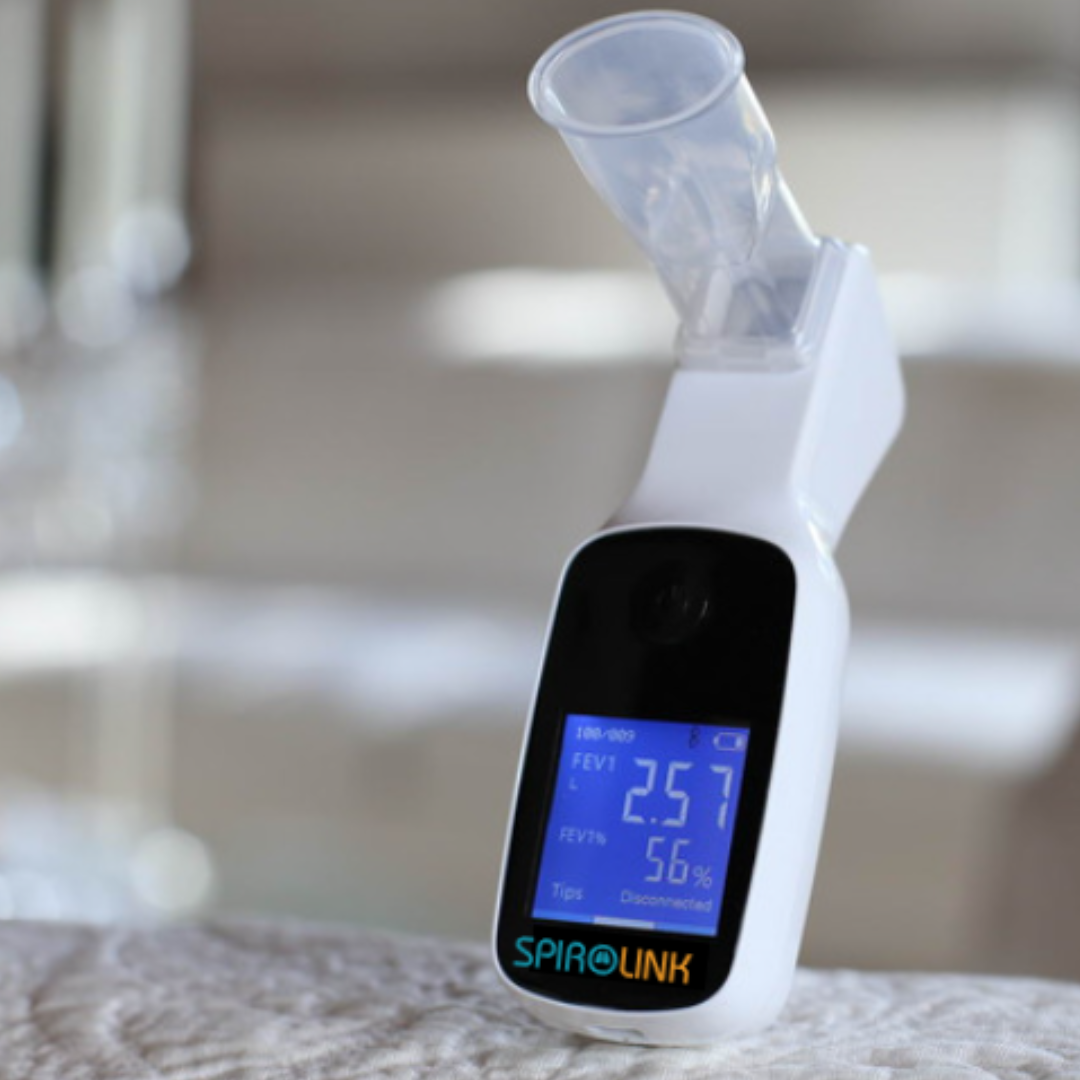
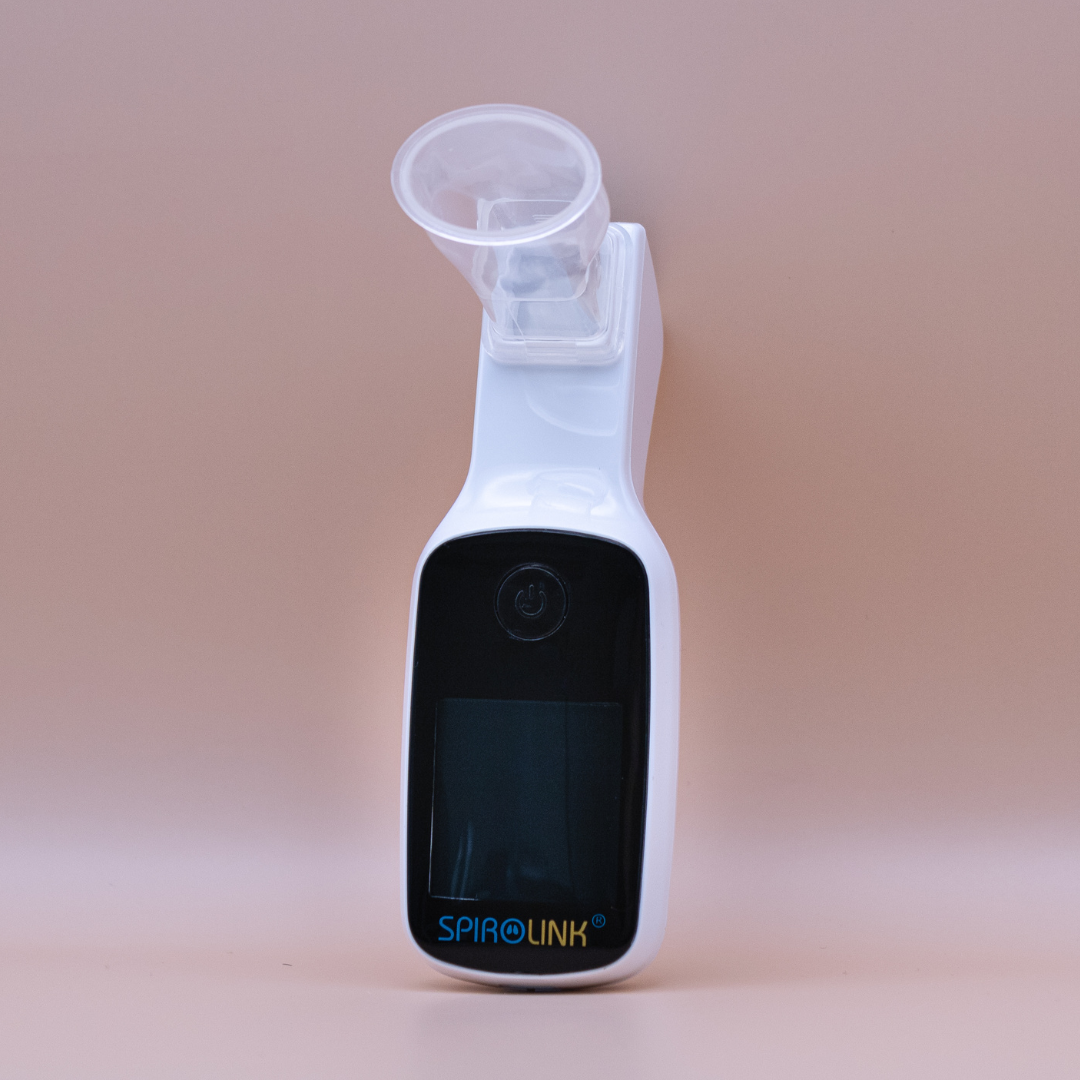

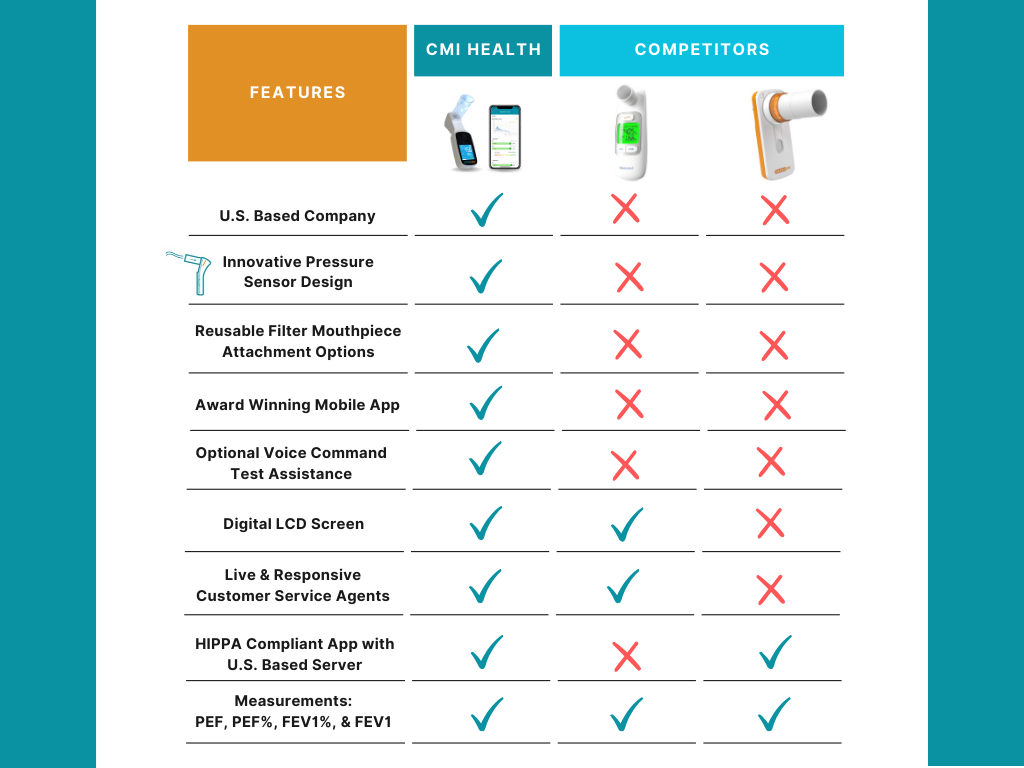
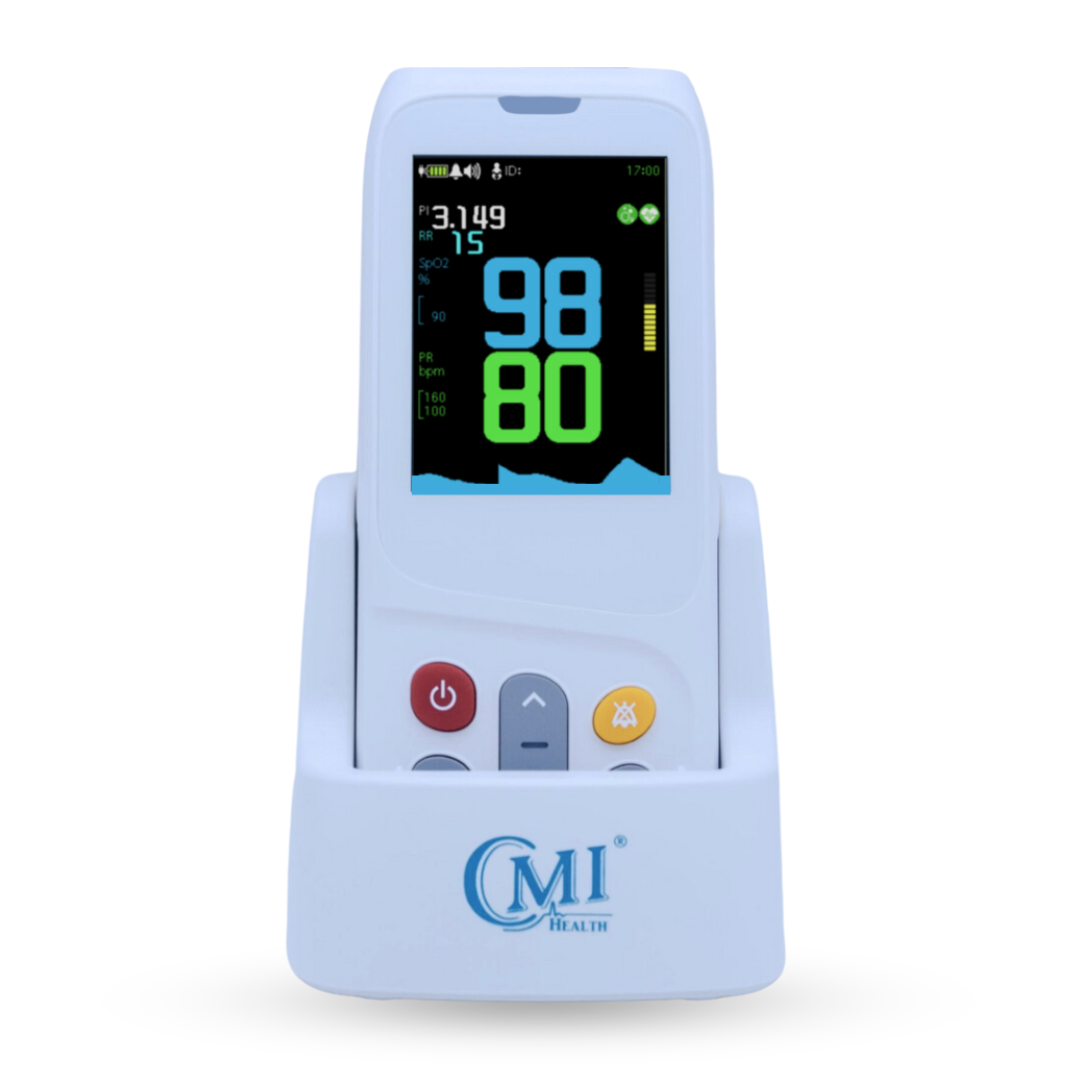
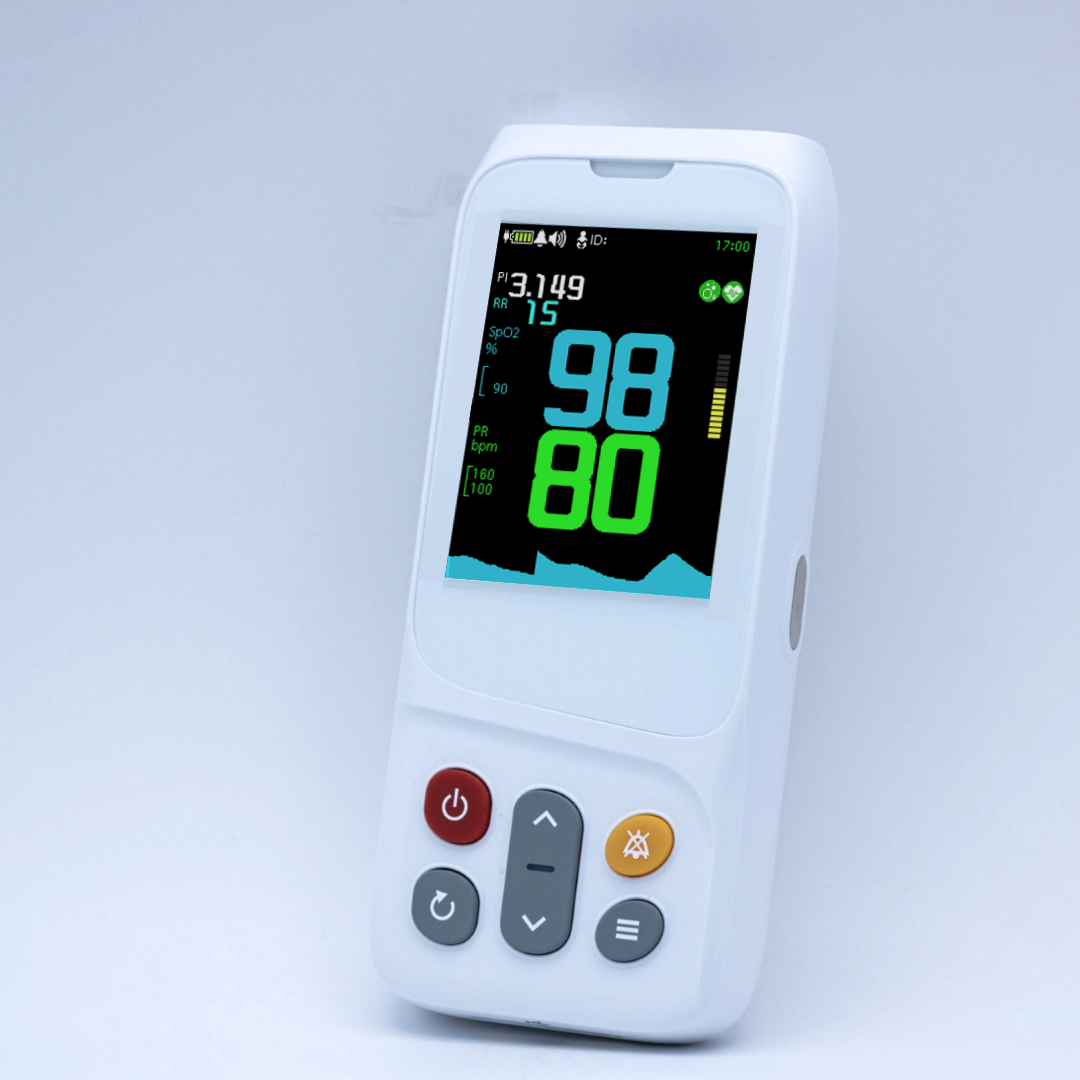
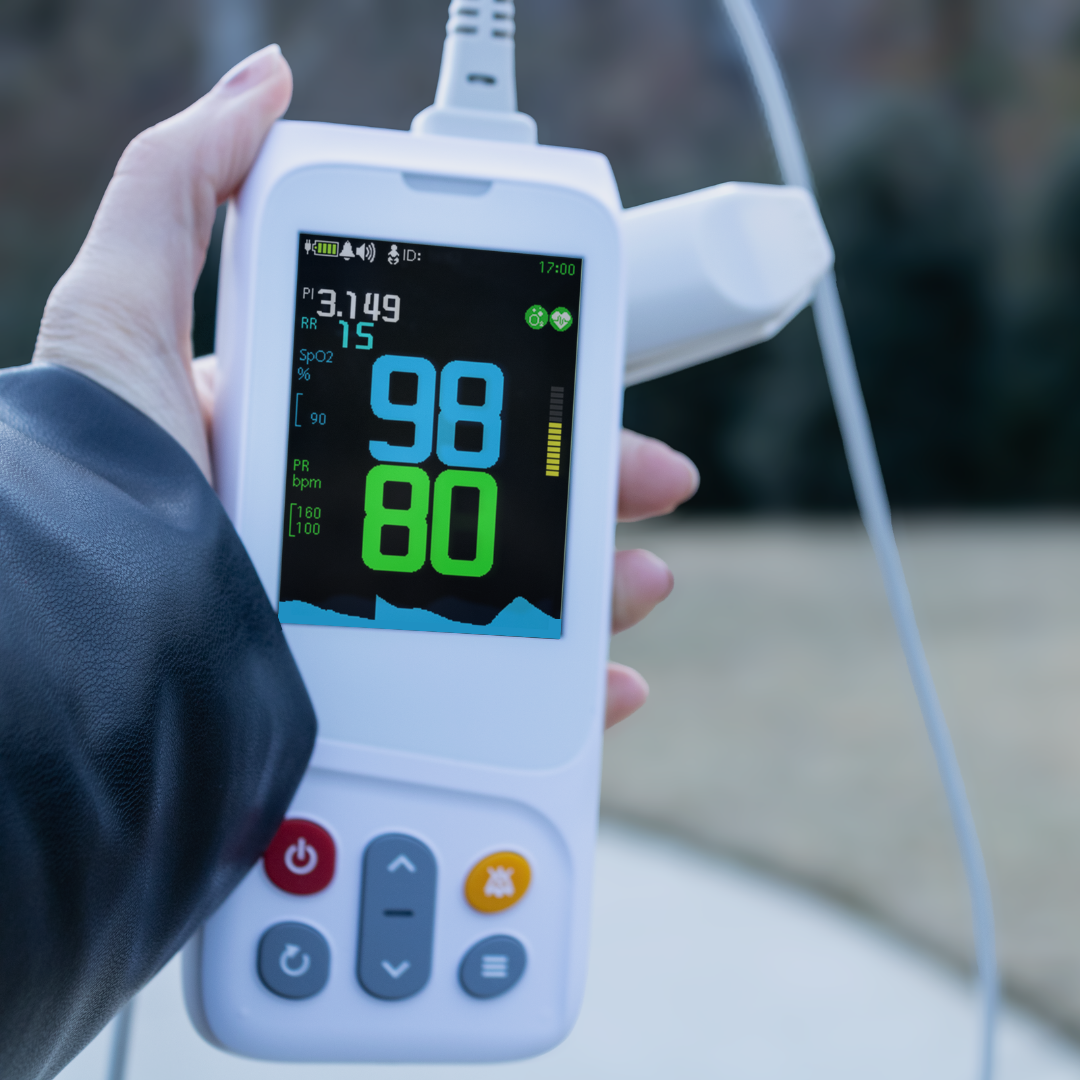
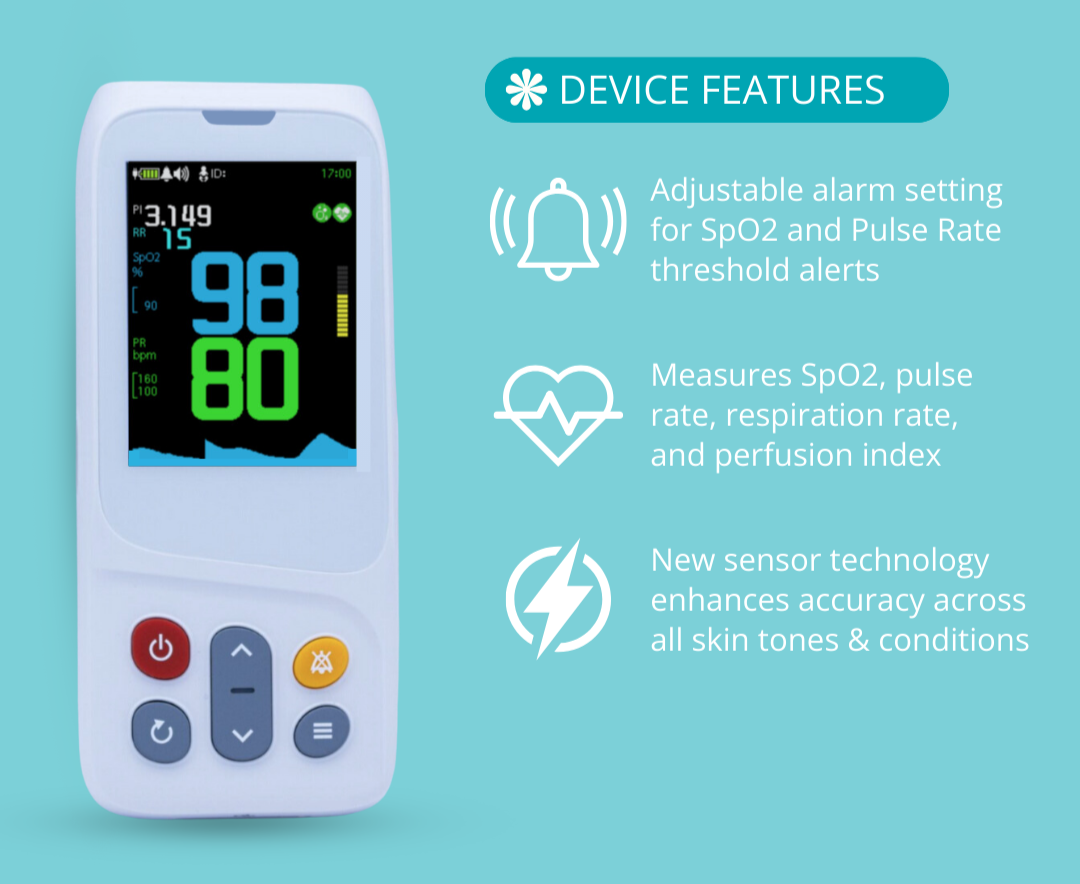
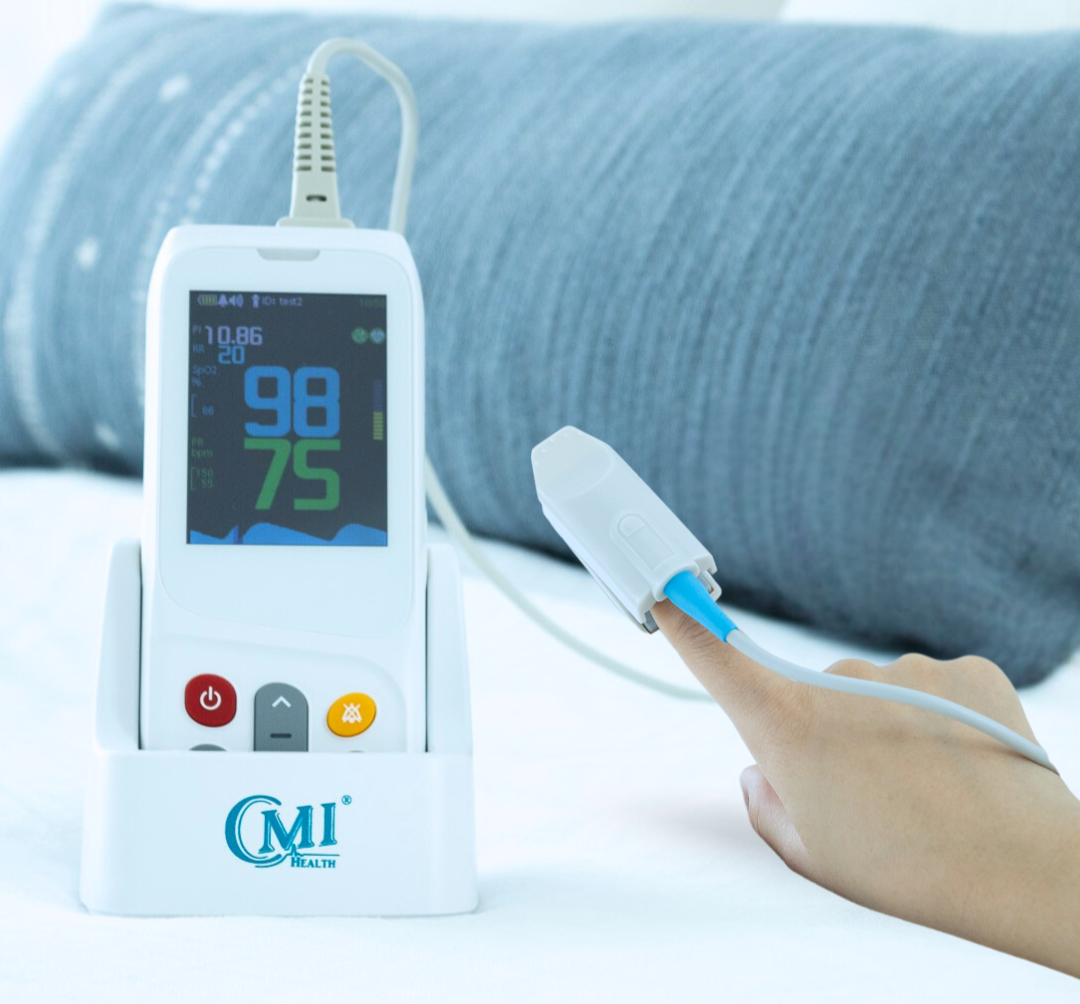
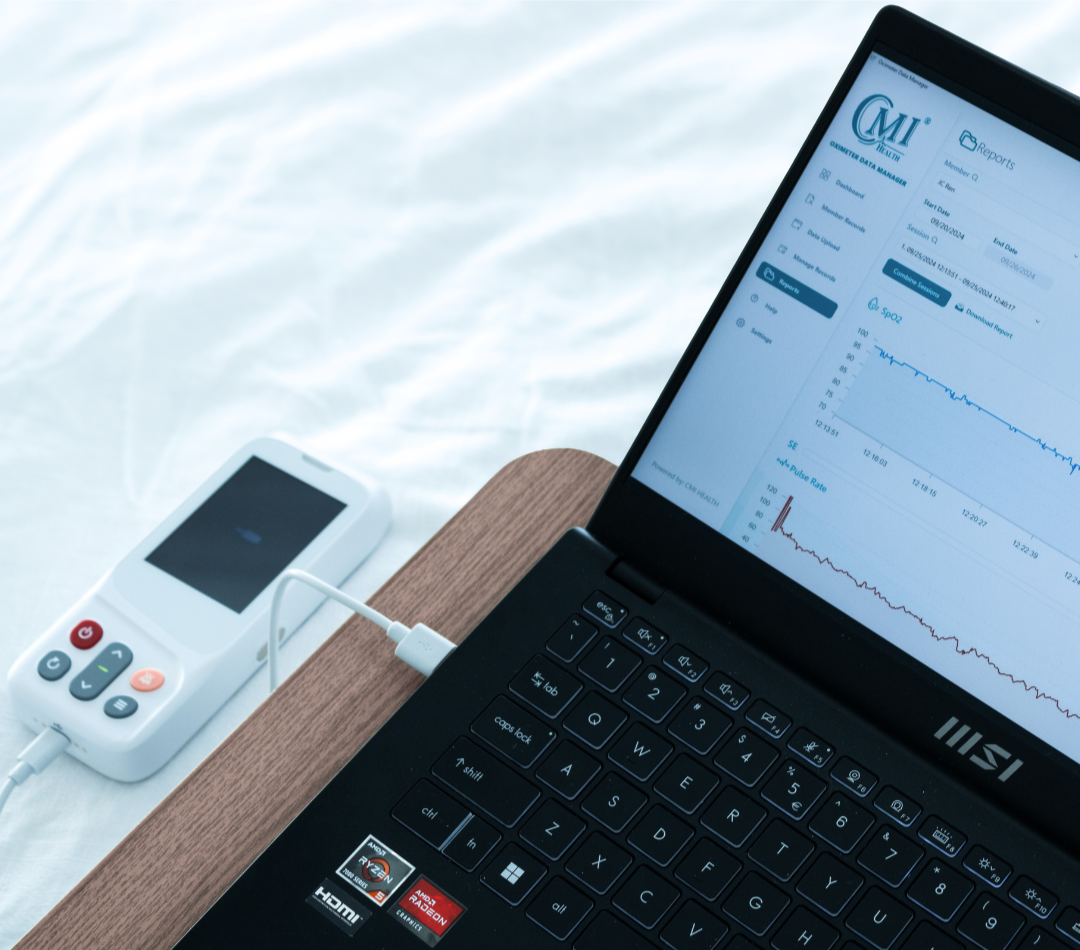
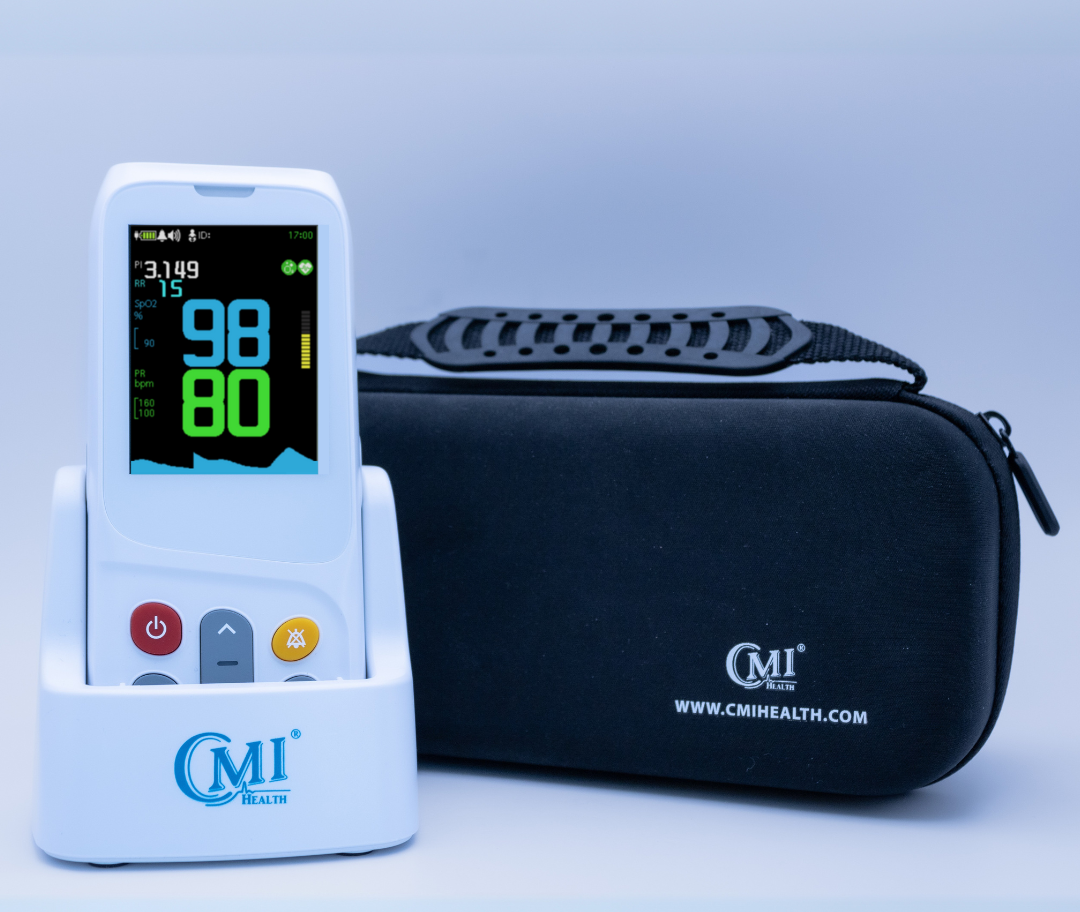
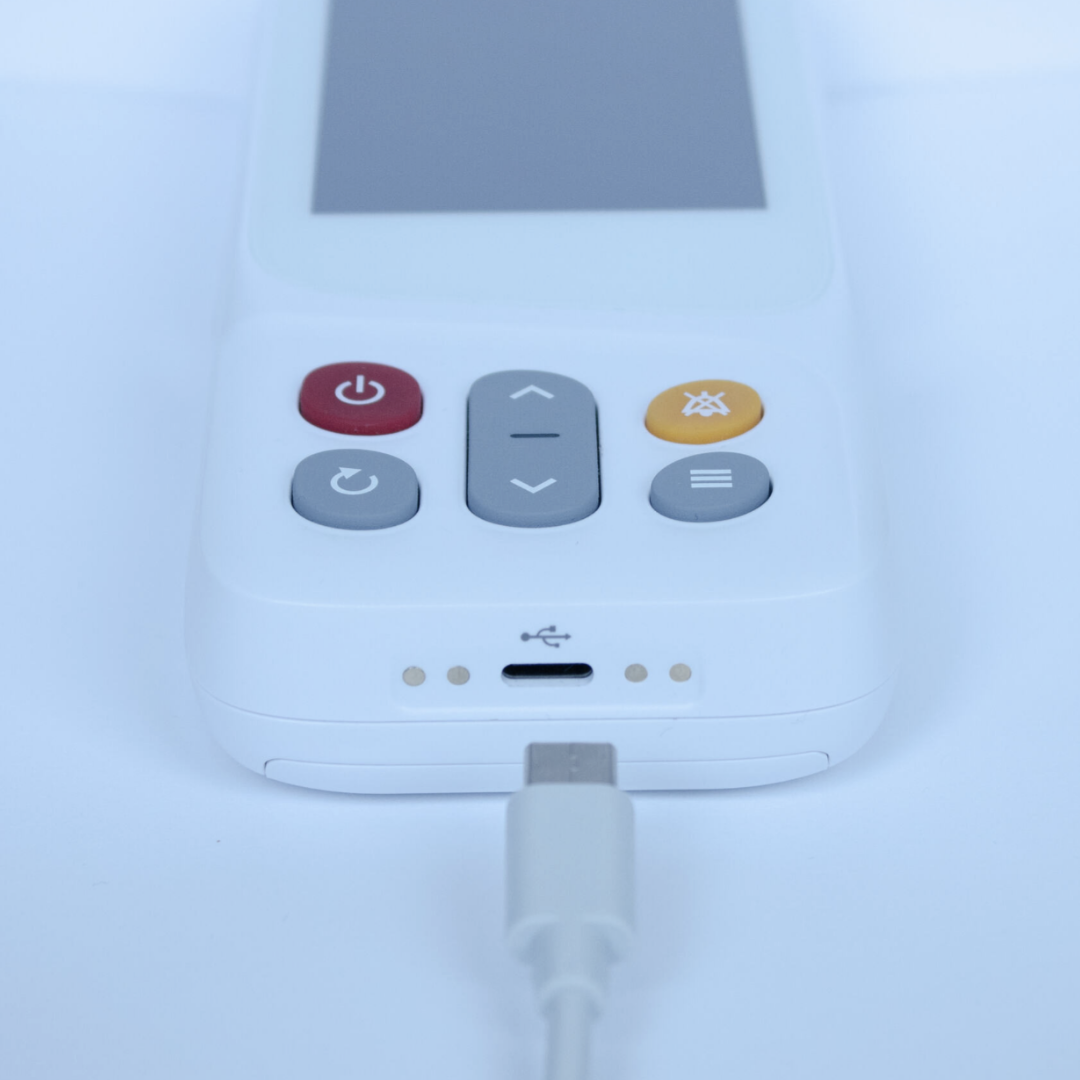
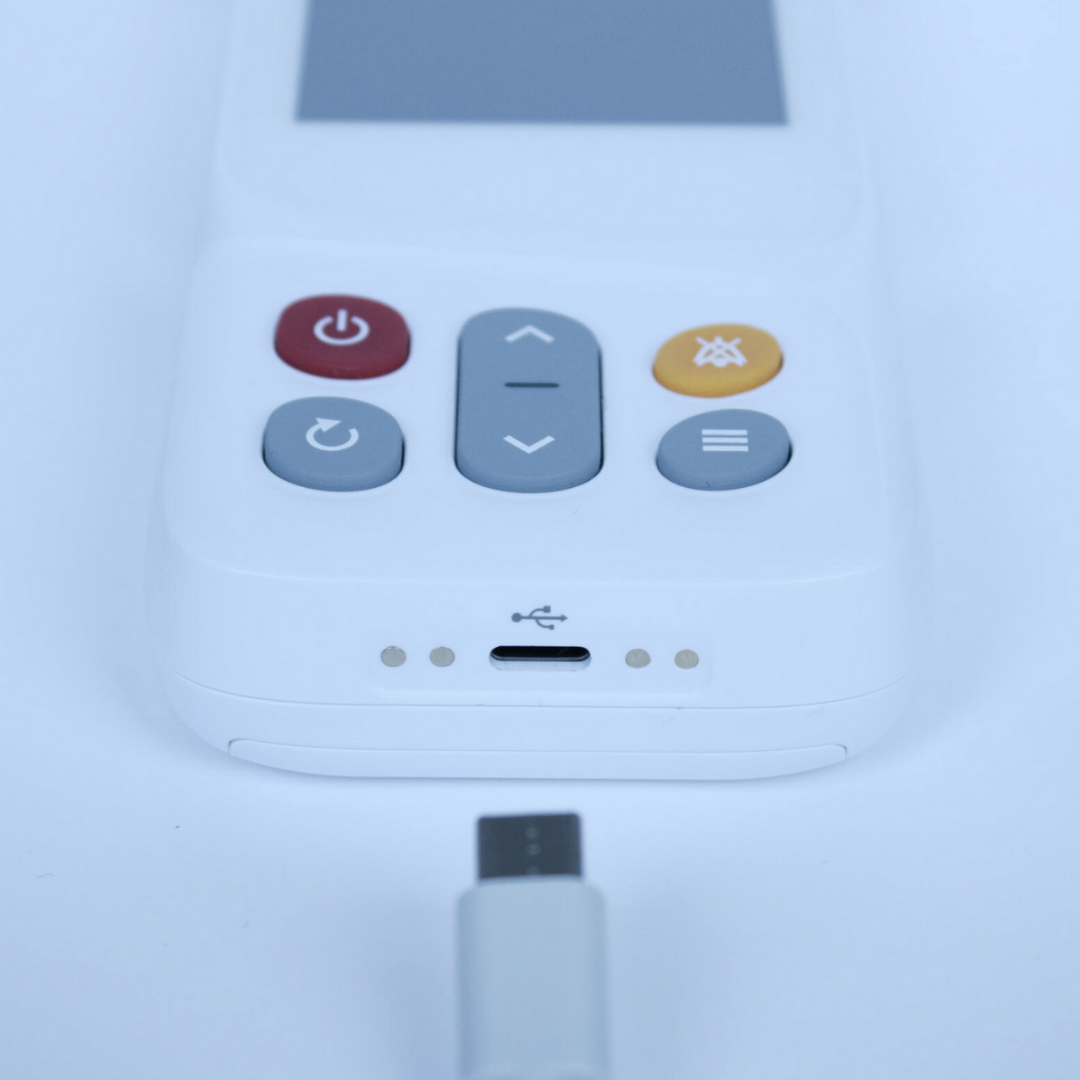
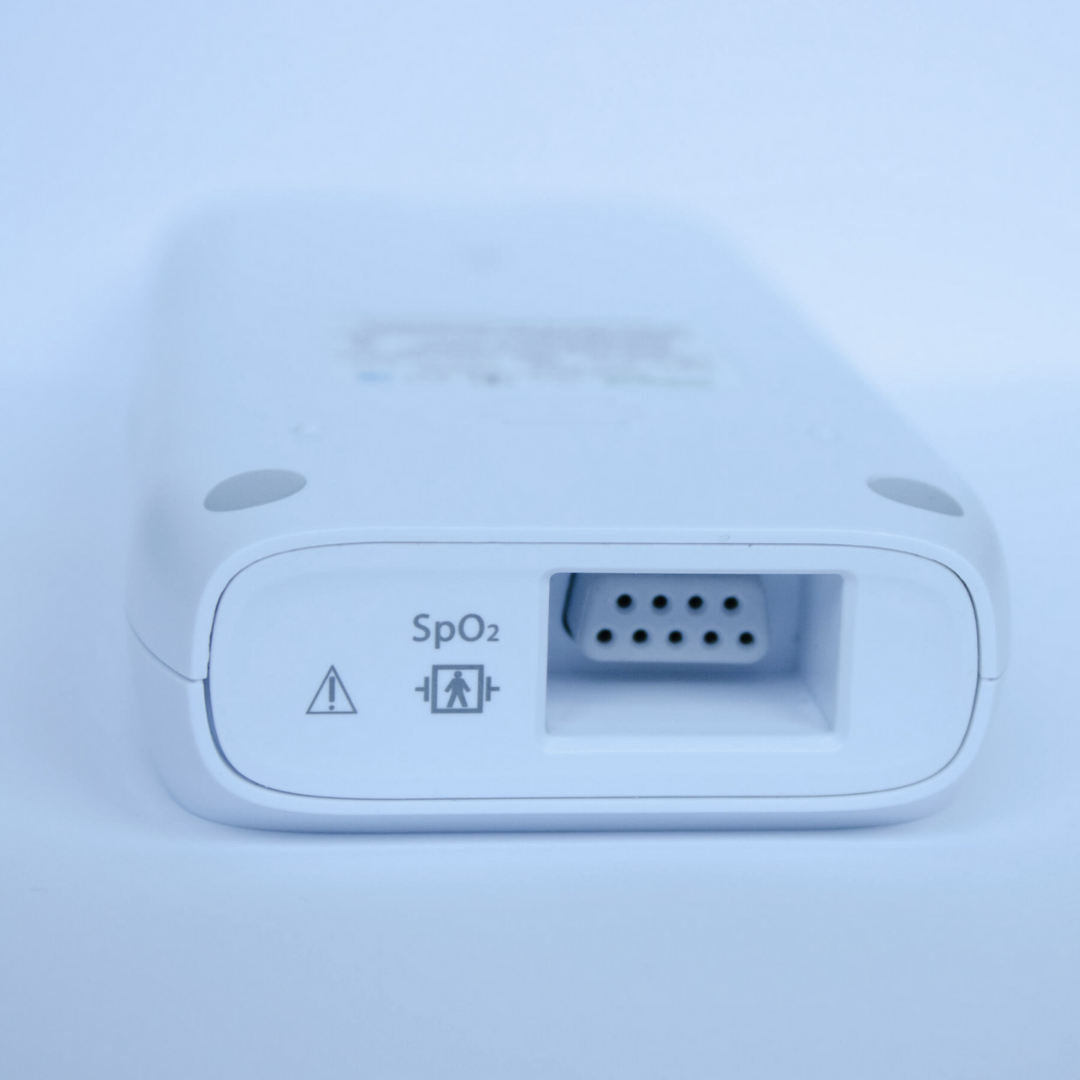
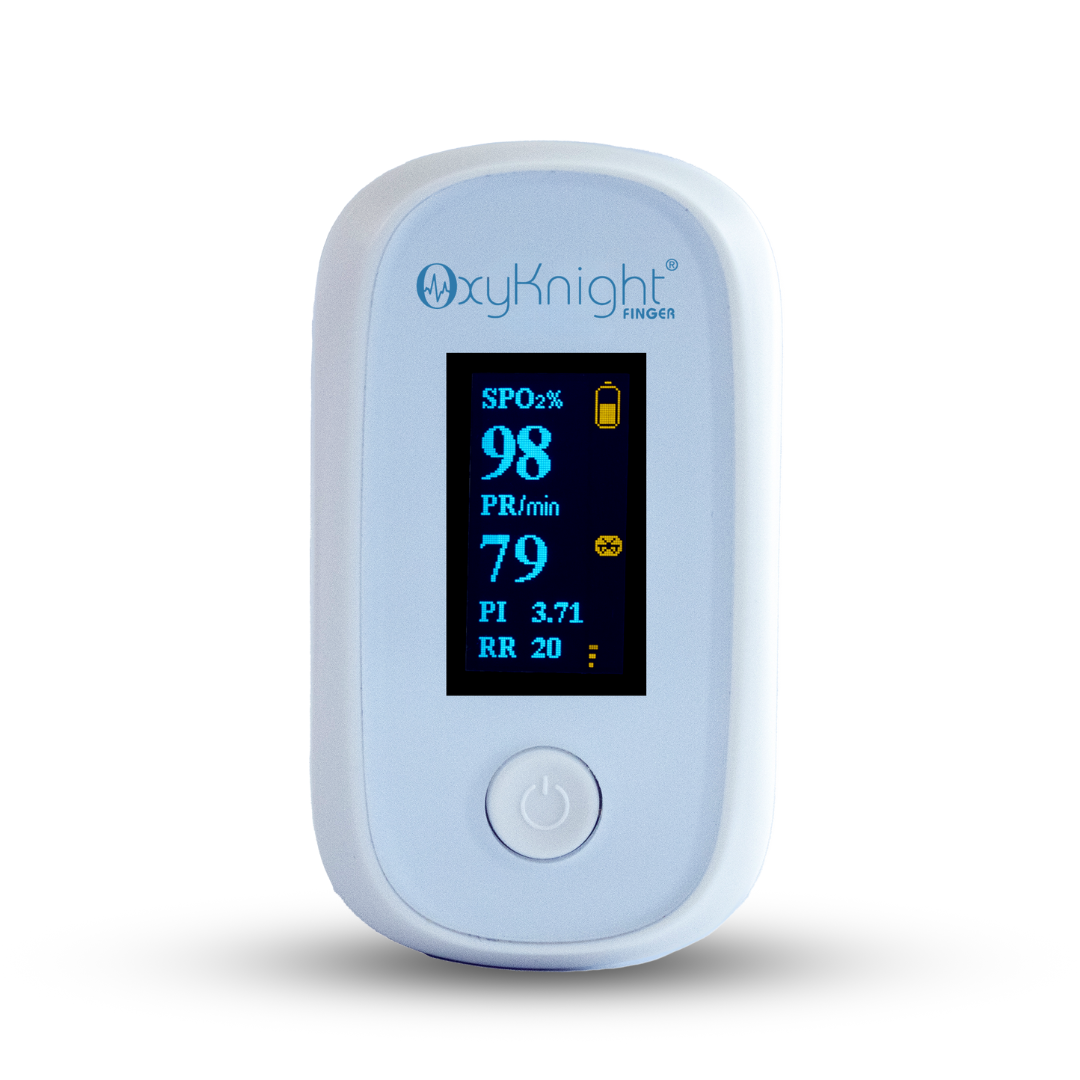
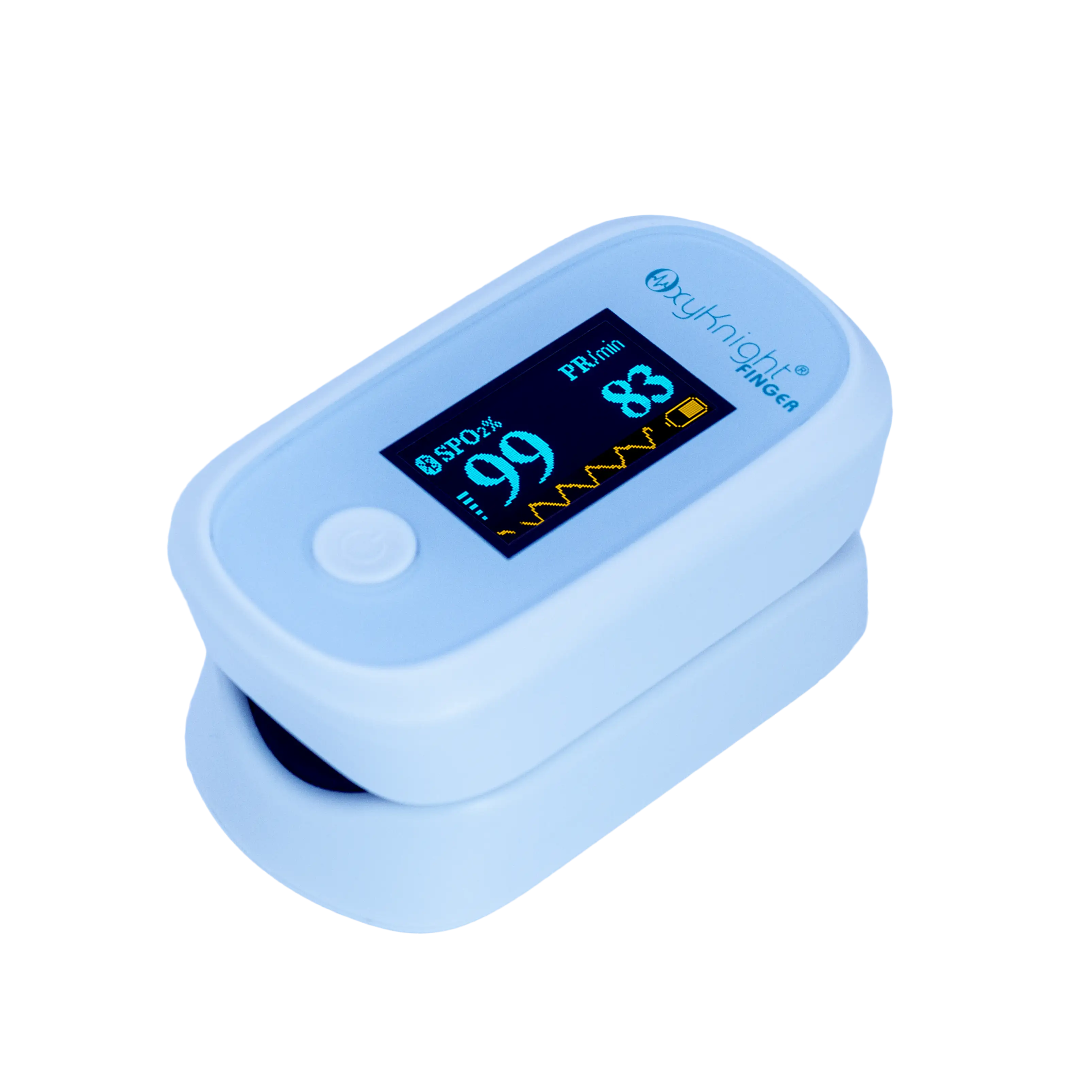
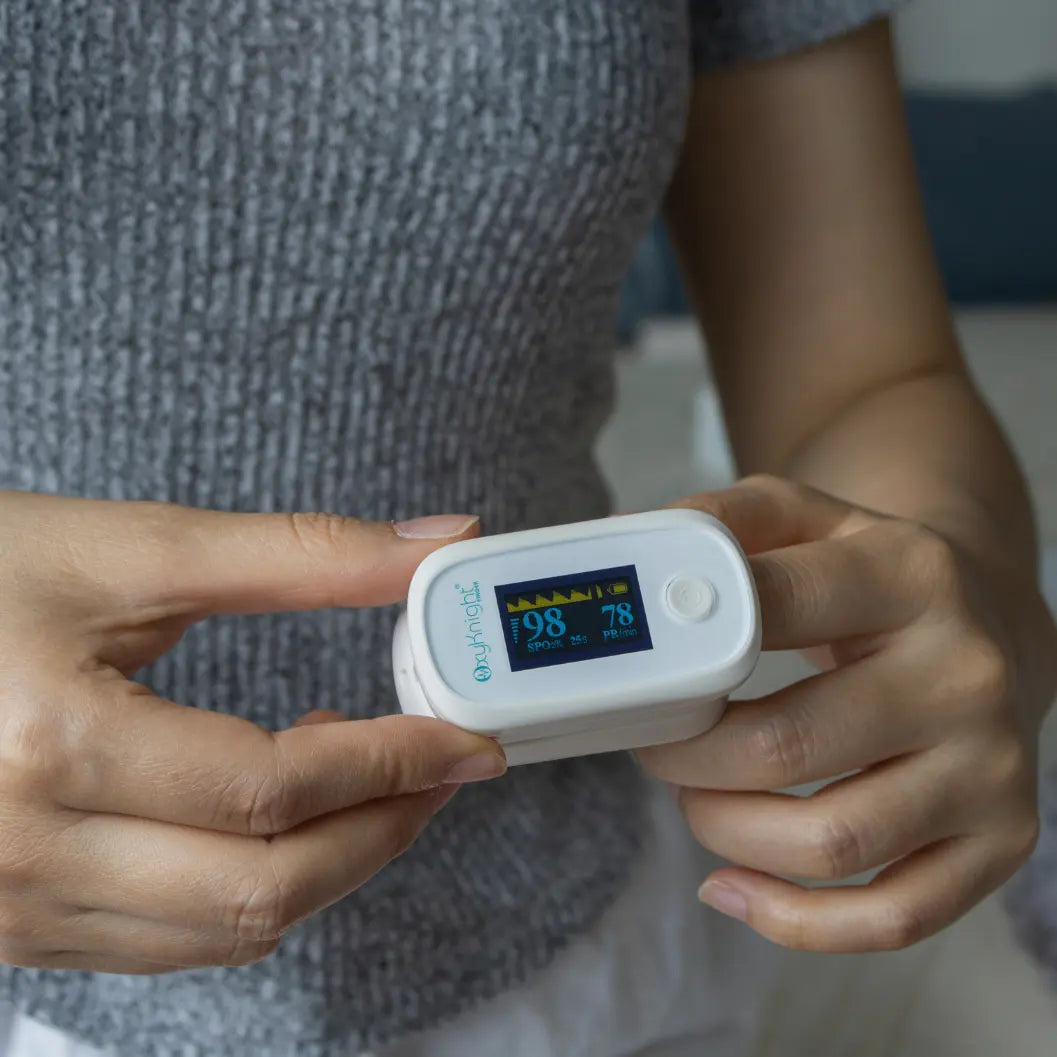
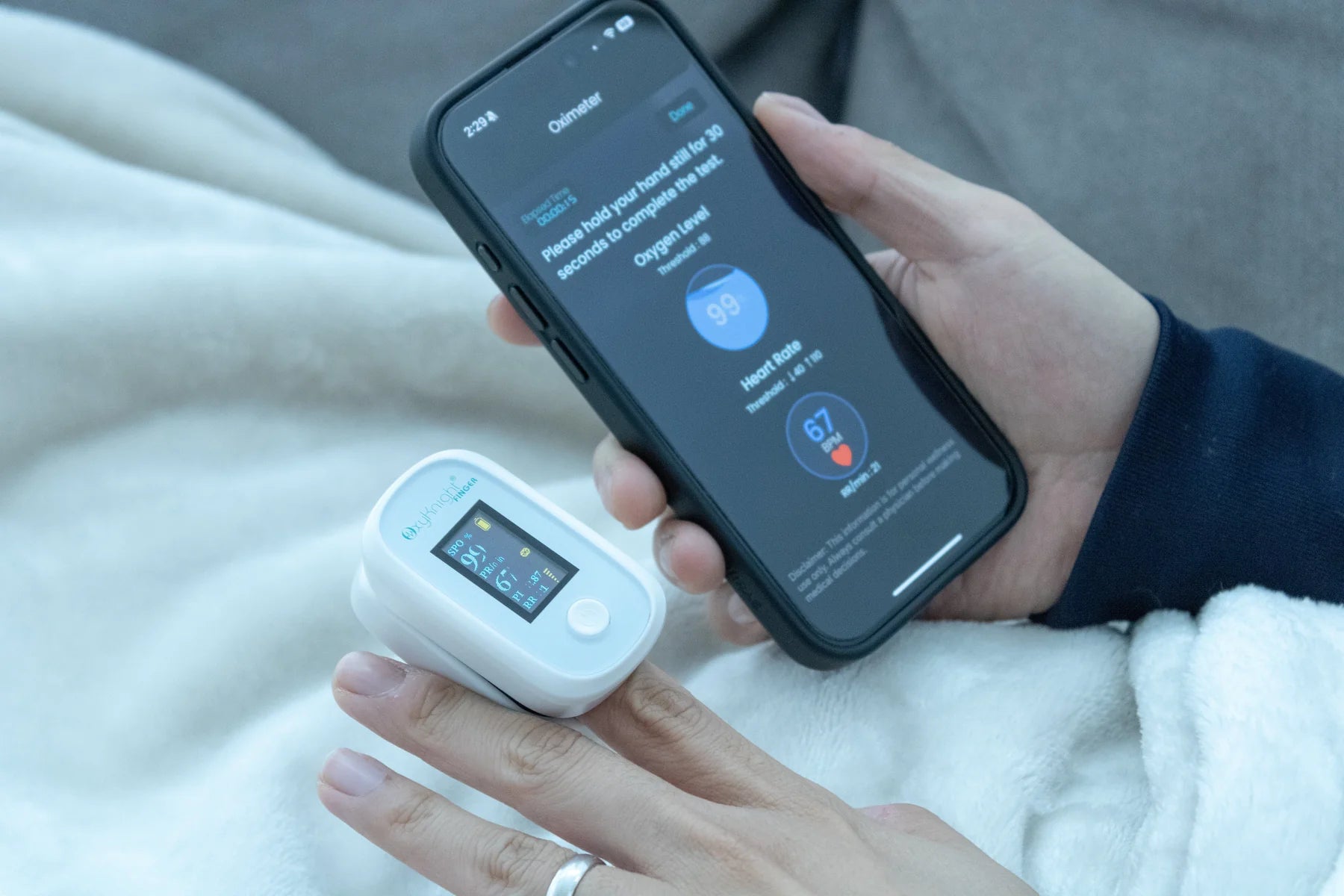
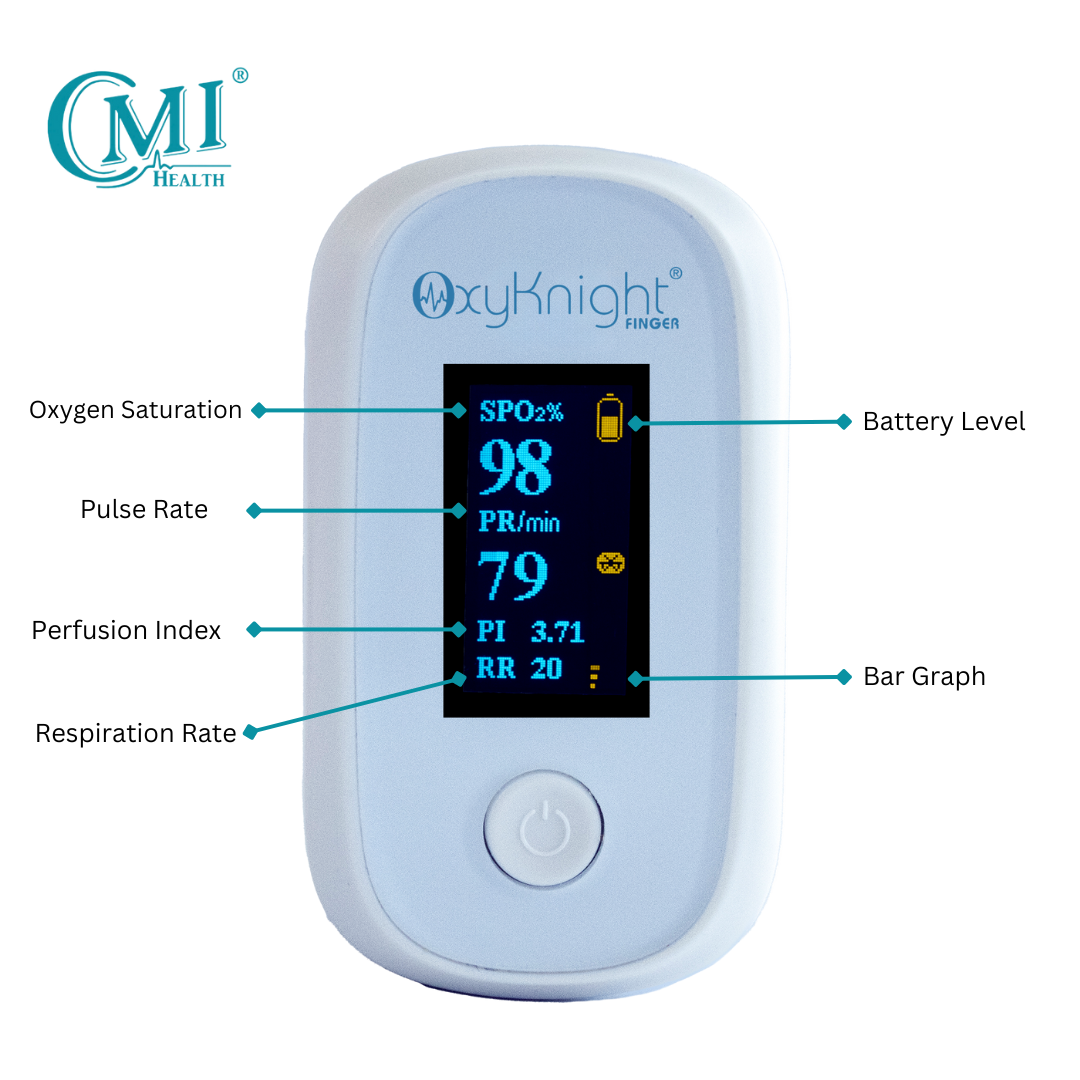
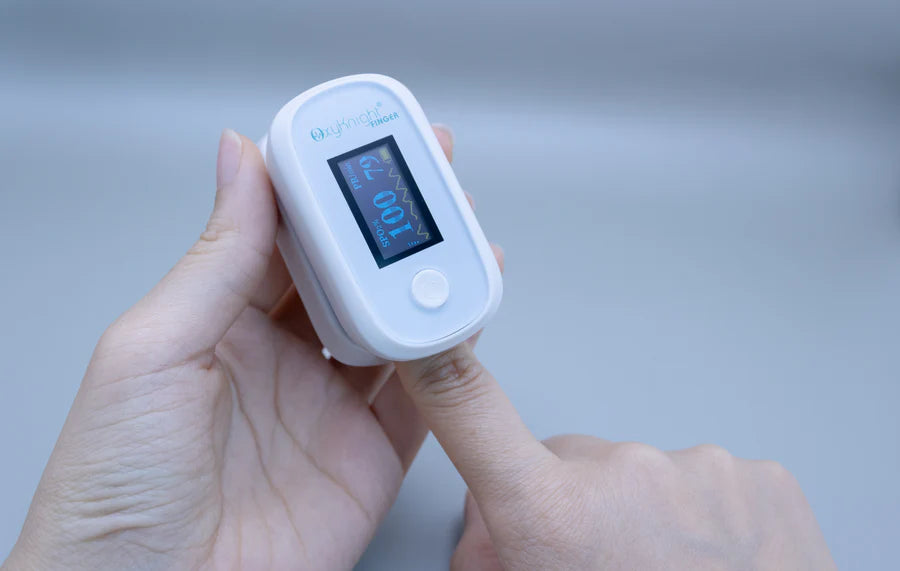
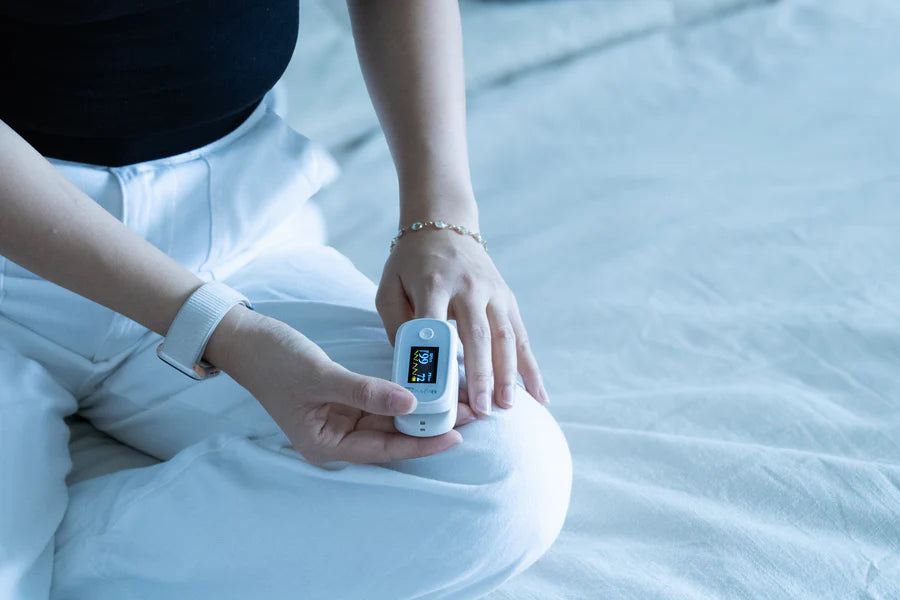
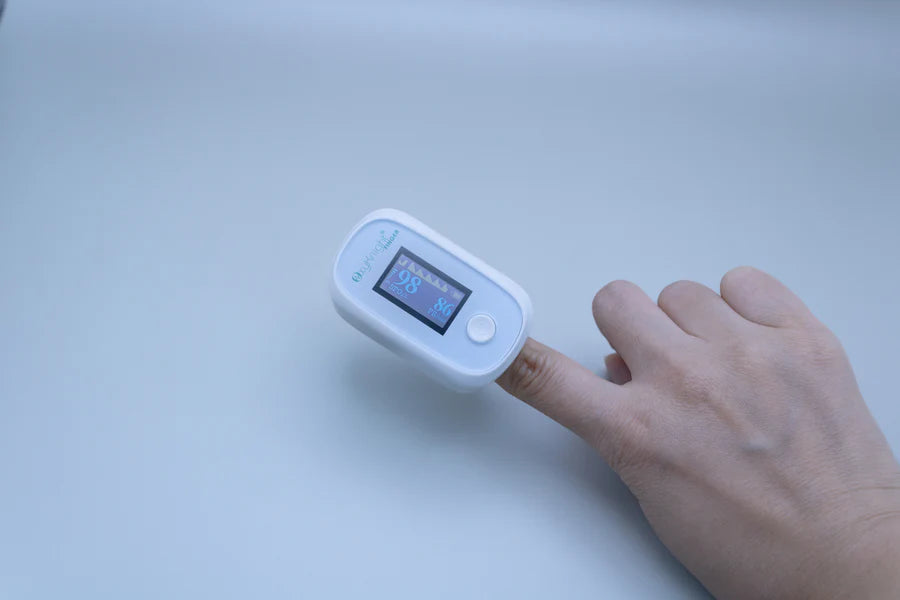
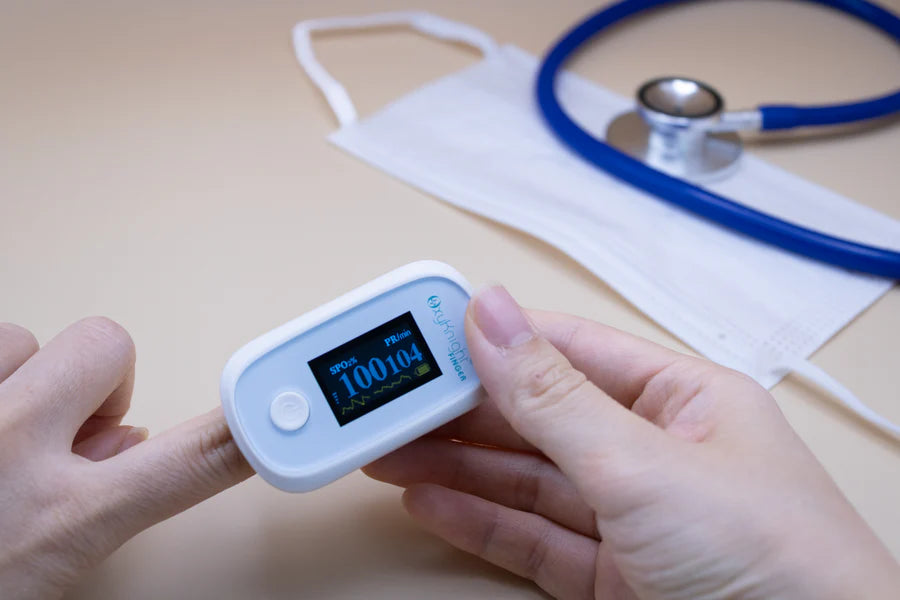
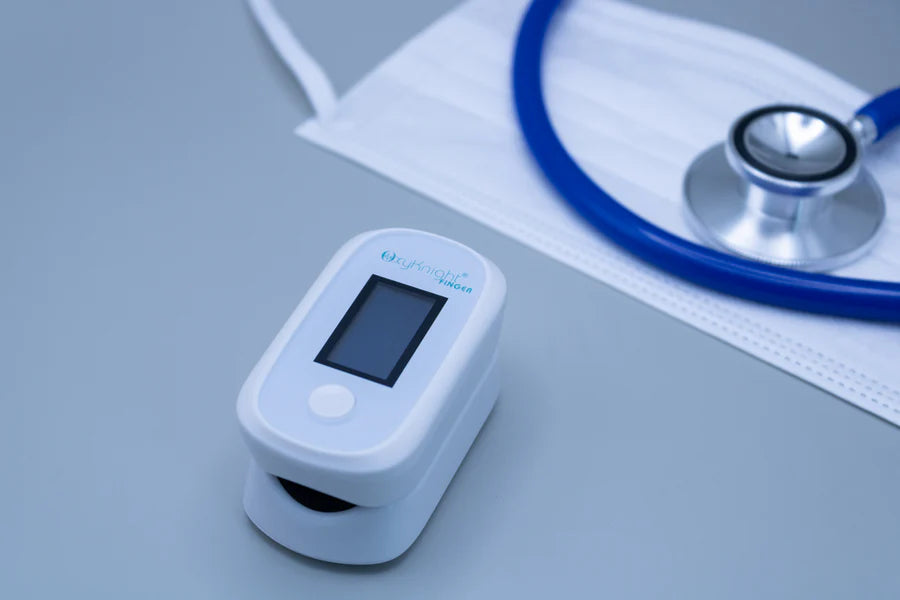



Leave a comment